corrosion test![]()
Valve detection![]()
Metallographic analysis![]()
component analysis![]()
Mechanical test![]()
failure analysis![]()
Nondestructive flaw detection![]()

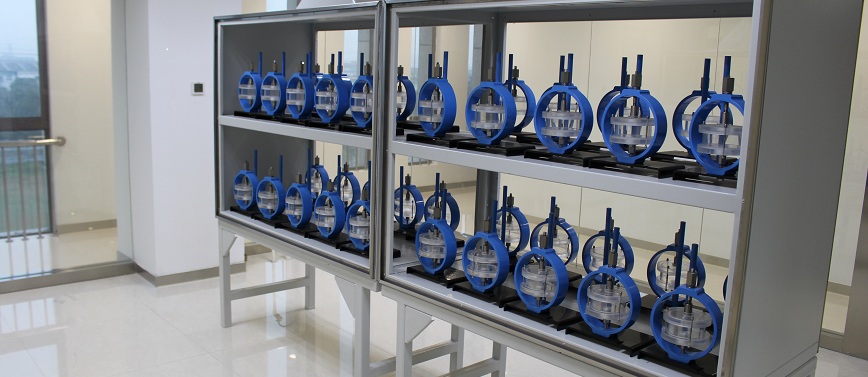
Stress corrosion refers to the damage caused by metal in corrosive medium under tensile stress. This kind of corrosion generally passes through grains, which is called transgranular corrosion. The process of material failure caused by the combination of strain and corrosion caused by residual or applied stress. The fracture of materials caused by stress corrosion is called stress corrosion fracture. Generally speaking, there are two kinds of stress corrosion: anodic dissolution and hydrogen induced cracking. The common mechanism of stress corrosion is: under the action of stress and corrosion medium, the oxide film on the surface of parts or components is damaged by corrosion, the damaged surface and the undamaged surface form anode and cathode respectively, the metal at anode becomes ion and is dissolved, resulting in current flowing to cathode. Because the area of anode is much smaller than that of cathode, the current density of anode is very large, which further corrodes the damaged surface. Under the action of tensile stress, cracks gradually form at the failure site, and the cracks gradually expand with time until fracture. This kind of crack can not only develop along the grain boundary, but also develop through the grain.
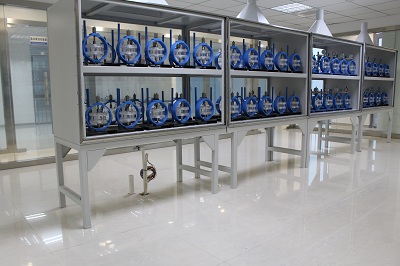
Hydrogen sulfide stress corros...
硫化物应力腐蚀(Sulfide Stress Corrosion Cracking,SSCC或SSC)是应力腐蚀(SCC)中...
Stress corrosion cracking of b...
应力腐蚀开裂(Stress Corrosion Cracking,SCC)是指受拉伸应力作用的金属材料在某些...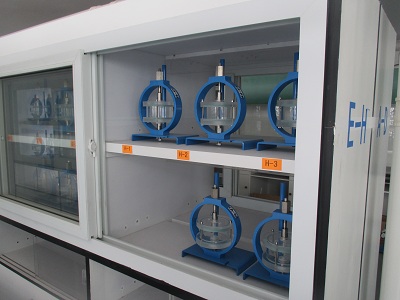
SCC test
SCC:应力腐蚀开裂 stress corrosion cracking。在有水和H2S存在的情况下,与局部腐蚀的...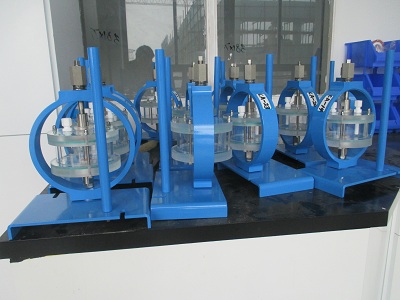
SSC test
NACE TM 0177-2016:金属在H2S环境中抗硫化物应力开裂和应力腐蚀。 NACE MR 0175-200...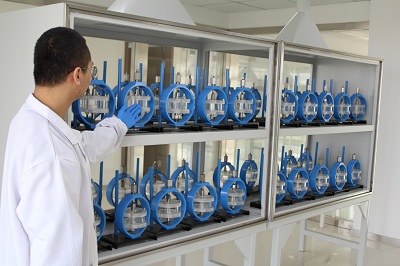
High temperature and high pres...
高温高压SSC试验,即在做SSC试验过程中,模拟实际使用的环境,和通入硫化氢气体的压强...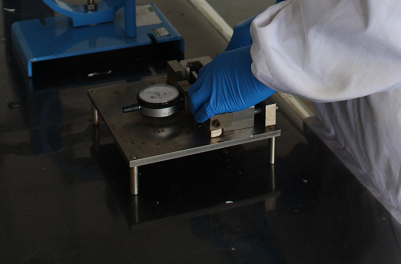
NACE Mr 0175 corrosion test
在“石油和天然气工业——用于石油和天然气生产中含硫化氢环境的材料”这个一般标题下...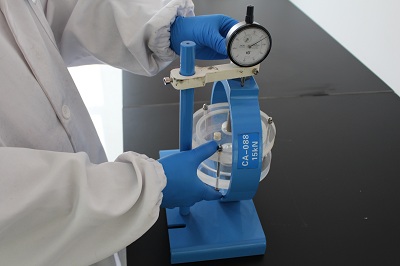
Stress corrosion test of metal...
应力腐蚀是指在拉应力作用下,金属在腐蚀介质中引起的破坏。这种腐蚀一般均穿过晶粒,...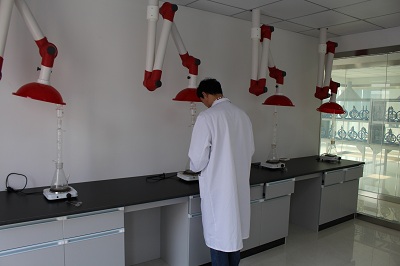
High temperature water stress ...
高温水应力腐蚀试验: 由残余或外加应力和腐蚀联合作用导致的腐蚀损伤。 ...